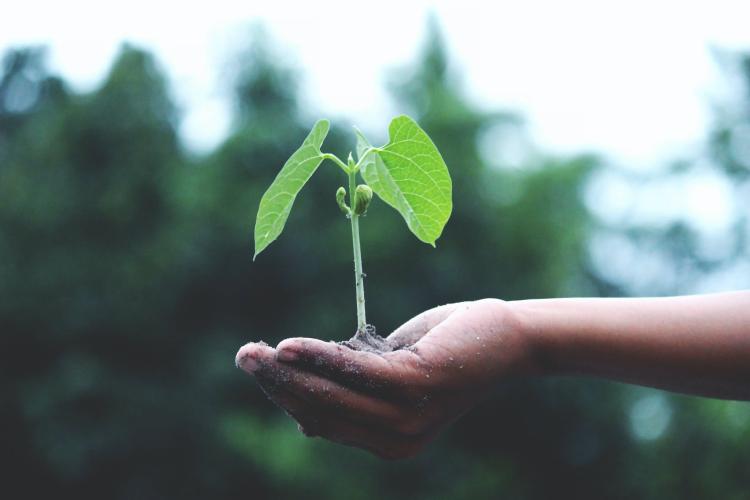Citizen science project “Soja in a 1000 gardens”
Soybean (Glycine max) stands as a pivotal protein source for both human consumption and animal feed. The pursuit of developing socially responsible protein products underscores the potential benefit of fostering local soybean production within Belgium. Nonetheless, the challenge lies in adapting this protein-rich crop to the nuances of the Belgian climate. This adaptation hurdle has led to the breeding of numerous soybean varieties tailored for optimal growth in local conditions. Beyond genetic adaptation, the efficiency of soybeans in utilizing nitrogen — a crucial element for their high-protein yield — relies on their symbiotic relationship with nitrogen-fixing bacteria within root nodules. The prevailing use of commercial inoculants, which often contain non-native bacterial strains, unfortunately faces setbacks due to local environmental mismatches, compromising the desired protein levels for nutritional use.
The cultivation of soybeans, akin to other legumes, addresses broader environmental concerns by naturally enriching soil nitrogen levels and serving as bioindicators of soil health. This contribution is critical in tackling global issues like nitrogen pollution and enhancing soil quality, positioning legume-based products as sustainable alternatives in the human diet.
In March 2021, VIB, together with then Minister of Innovation and Agriculture Hilde Crevits, launched an appeal to the Flemish people to grow soy in their own gardens. That call was part of a project by VIB, together with partners Ghent University, KU Leuven and ILVO, to find bacteria that occur naturally in Flemish soils and that work well with soy plants in our regions. Participants were asked to sacrifice one square meter of their garden to plant soy. With success, as the project managed to get more than 1,000 participants (including farmers) to participate, which together allowed VIB and ILVO to identify bacteria that are necessary for quality soybean cultivation.
A collaborative effort among various research groups of UGENT, KuLeuven both within and outside the VIB, leverages cutting-edge techniques to curate a comprehensive collection of local microbes associated with soybean plants. This endeavor has identified several local rhizobial strains that outperform existing commercial inoculants in both laboratory and field tests across various soybean varieties. Further, the project has amassed a wealth of soil biodiversity and physicochemical data, which are instrumental in developing predictive models for the optimal rhizobial strain selection based on specific locational and soil criteria.
This initiative has also significantly heightened public awareness and engaged the agro-industry in discussions on the importance of leveraging soil microbiology towards realizing a sustainable agricultural ecosystem. Through this multifaceted approach, the project contributed to sustainable protein crop cultivation but also fostered a deeper community and industry understanding of the symbiotic relationships underpinning agricultural productivity and environmental stewardship.
